Distribution and depot management
Distribution and depot management
Clinical trial distribution is about making sure investigational products reach clinical trial sites – or in some cases patients – safely, on time and in perfect condition. Every shipment must follow strict protocols for packaging, handling and temperature control. Even small delays or errors can impact patient safety, inflate costs, and undermine study results.
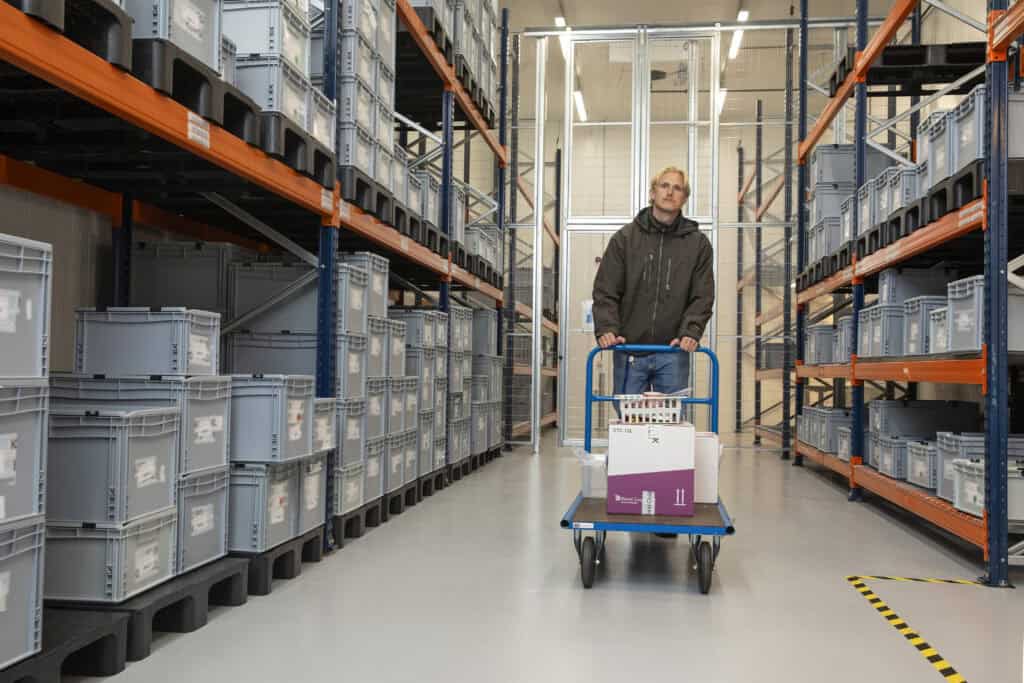
Ensuring reliable clinical trial distribution
At KLIFO, we design distribution strategies that match the specific needs of each study. We manage route planning, courier selection, customs documentation, temperature monitoring and Importer of Record (IOR) requirements. Our goal is to ensure supplies arrive when needed, supporting uninterrupted patient treatment and reliable study outcomes.

Choosing the right approach to depot management
Through our network of qualified depot partners, KLIFO provides local storage and supply capacity, helping sponsors reduce courier costs, shorten order-to-delivery lead times and simplify customs clearance. However, setting up depots in every country is no always cost-effective, especially is countries where there are few clinical sites and/or patient recruitment is expected to be low. KLIFO works with our clients to develop protocol-specific distribution strategies delivering the right balance between direct-to-site shipments, regional depots and in-country depots.
KLIFO manages a qualified global depot network. We handle depot selection, RFIs, audits, contracts and KPI reporting to ensure compliance and performance. We also establish backup depots to safeguard continuity if a preferred depot faces capacity constraints or operational issues.

What you get when working with us
- Distribution plan tailored to the needs of each trial
- Lane and packaging qualification for CRT, refrigerated, frozen and ultra-frozen products
- Pre-checking of paperwork in-country avoids product risk due to customs delays resulting from errors in paperwork
- Depot selection and management, including audits, contracts and KPI oversight
- IOR services
- Regulatory green-light process ensures regulatory compliance
- Real-time shipment tracking with escalation protocols to quickly address risk of delay
- Local depots support accountability and destruction of returned and unused medication, reducing costs compared with the cost of shipping returns to a central returns facility.
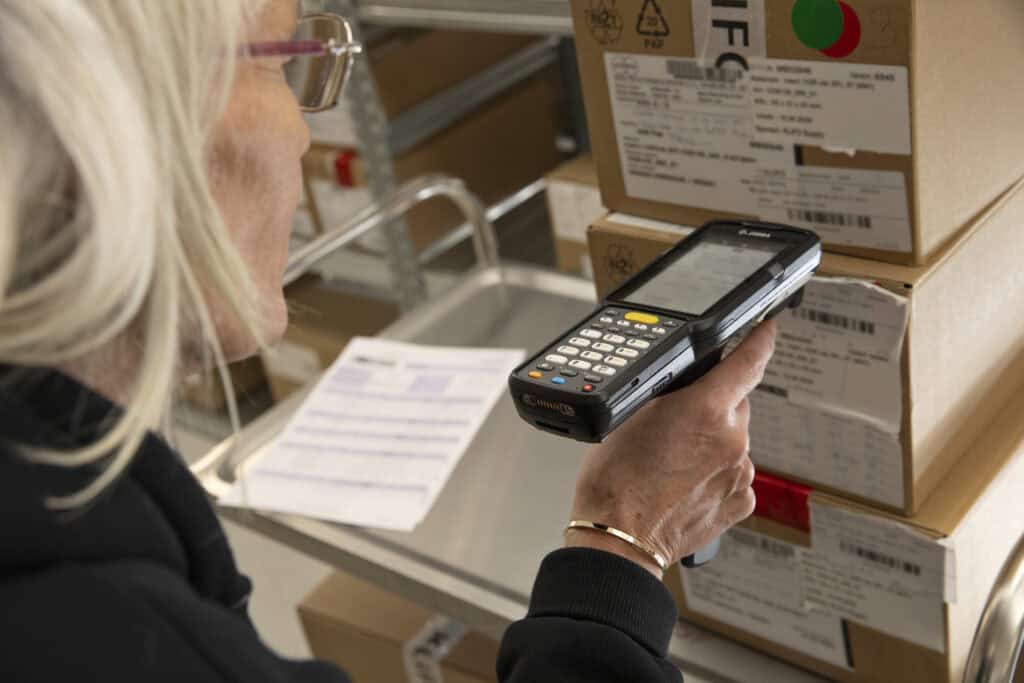
Examples from practice
Hybrid rare disease study:
A biotech sponsor faced high costs and limited inventory because their provider insisted on depots in every country. KLIFO created a hybrid model: direct-to-site from Denmark for Europe, regional depots in the US and APAC, and in-country depots only in China, Japan, Brazil and Argentina. The result: 30% lower inventory requirements and significantly reduced logistics costs.
Fast market entry in China:
A client needed a depot that could act as IOR and source local comparator drugs. KLIFO identified, assessed and audited a qualified depot partner, enabling trial start within the sponsor’s tight timelines.
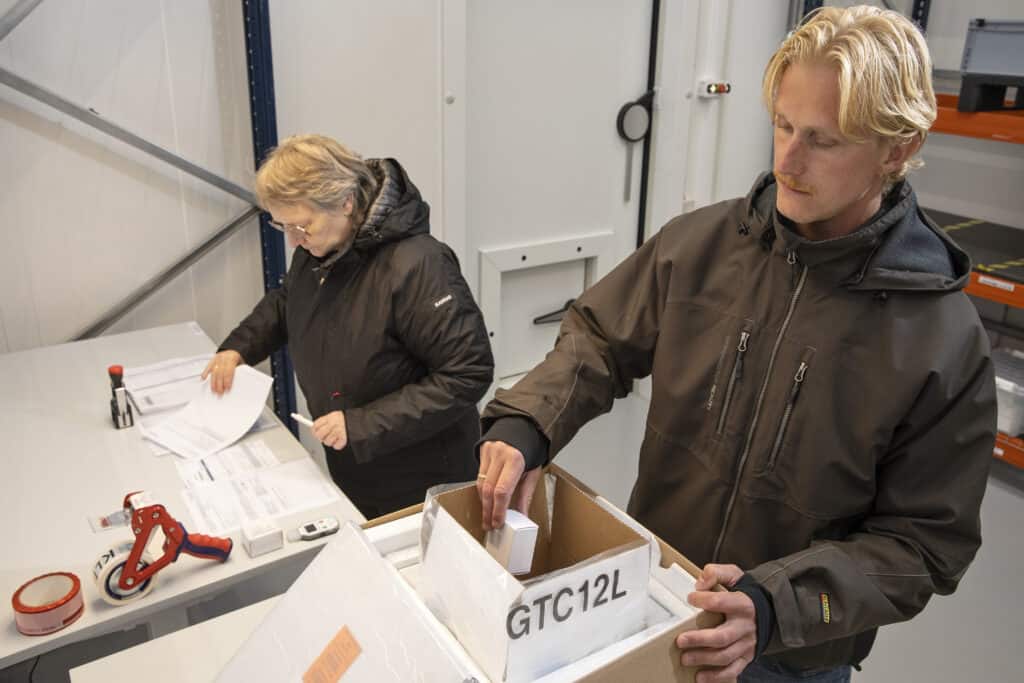
Direct-to-patient distribution
KLIFO supports direct-to-patient (DTP) distribution in cases where it improves recruitment, retention or patient convenience. We provide honest guidance on whether DTP is appropriate, taking into account higher logistics costs, pharmacy license requirements and privacy regulations.
Guidance through every phase
Distribution requirements change as products progress through clinical development. While early phase trials often involve a small number of countries, supply chains become increasingly complex as Sponsors expand the geographic footprint of their trials to support aggressive patient recruitment goals. As an established partner at all phases of clinical development, KLIFO has the expertise to develop a tailored distribution service that addresses the needs of all trials at all phases of development.
How do you select couriers for distribution?
KLIFO works with a range of premium couriers and integrators. We constantly monitor the performance of our couriers, and have a good understanding of which couriers perform best over specific shipping routes. KLIFO also has a good understanding of service levels at each courier. For example, if a client requires delivery at a very specific time, and for the courier to pre-alert the site of their arrival time, this may drive us towards selecting a specific courier as these service levels are not universally available.
While KLIFO is happy to work with a client’s preferred courier, if we are being held accountable for courier performance, it makes sense for KLIFO to make the final determination over which couriers we use for each shipping route based on our experience.
What determines whether a depot is required to support distribution to specific countries?
From a pure cost perspective, depots are usually desirable for long haul destinations where the cost of a single bulk long haul shipment to an in-country depot, followed by multiple smaller local shipments to clinical sites, may be more cost effective than multiple small long haul shipments.
Depots may also be beneficial in countries with complex import requirements – for example, if an import license is required for every shipment. Repeatedly raising import licenses can create a lot of work for the Sponsor, CRO or clinical site depending on which party is doing this. Additionally, if Importer-of-Record services are outsourced, this can also incur an additional fee for each shipment. Use of a depot allows these activities to be kept to a minimum.
While depots are almost always used for larger, late phase clinical trials where there are high volumes of shipments in each country a ‘depot in every country’ strategy is not always the most effective. Stocking a depot can result in committing valuable inventory to a country before they have even recruited a patient. Retrieving unused inventory from some countries can be difficult, if not impossible so this can result in increased over/waste of valuable drug product. Also, depots have significant fixed costs – product receipt, storage, management and other charges are incurred even if distribution activity is minimal. As a result, if only a few shipments to sites in a country are expected, it may actually be more cost effective to ship directly from a central of regional distribution hub than to use a depot.
How does KLIFO select depots?
KLIFO begins by researching each market to develop a list of potential partners. Companies on the list that meet KLIFO’s needs are invited to participate in a Request-for-Information process, through which we assess topics such as capabilities, capacity, quality and pricing. This usually results in a shortlist of a small number of depots, and visits/audits of these are scheduled (note: if depots belong to a pre-approved group operating under the same Quality System, physical audits may be delayed until activity reaches a significant level). Once these have been completed, KLIFO will set up commercial, quality and service level agreements with the depot. Our preference is to have a prime and backup depot in major markets.
How does KLIFO manage depot performance?
KLIFO recognizes that when clients contract work to us, we are responsible for the performance of all subcontractors. As a result, it is important that depots comply with the same service levels and KPIs we have agreed with our customers. This is managed through KPIs, and discussed at regular Business Review Meetings between KLIFO and the depot.
As part of setting up a depot for a project, KLIFO will issue depots with protocol-specific distribution instructions. KLIFO maintains oversight of activities at depots through our CSM and distribution teams. All depot orders pass through our CSM team, so they can ensure that the depot receives and executes these according to client expectations.
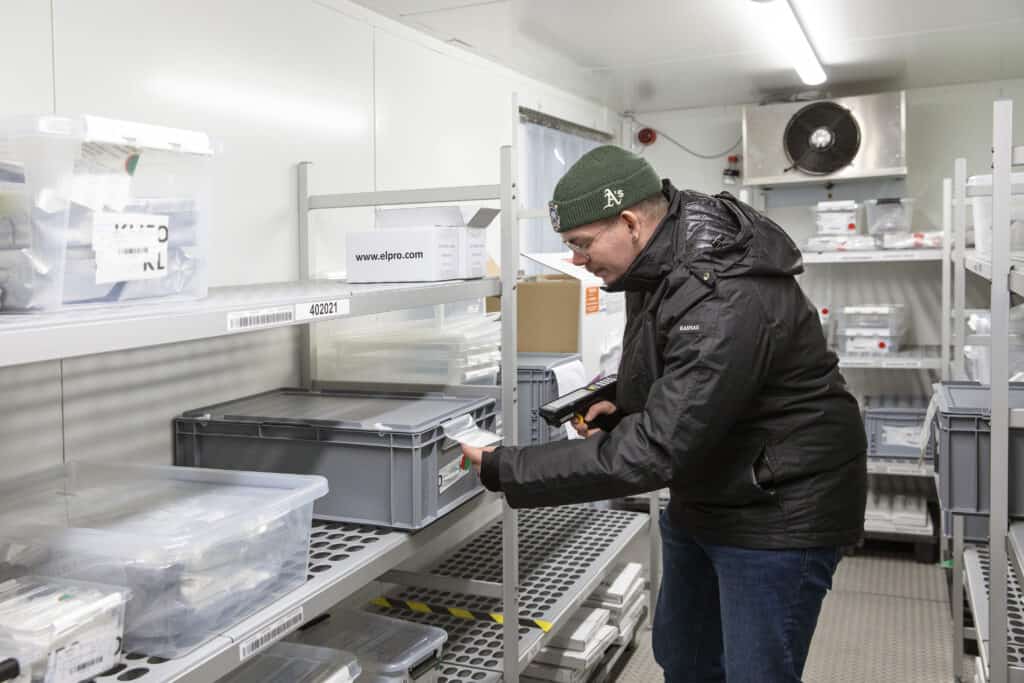
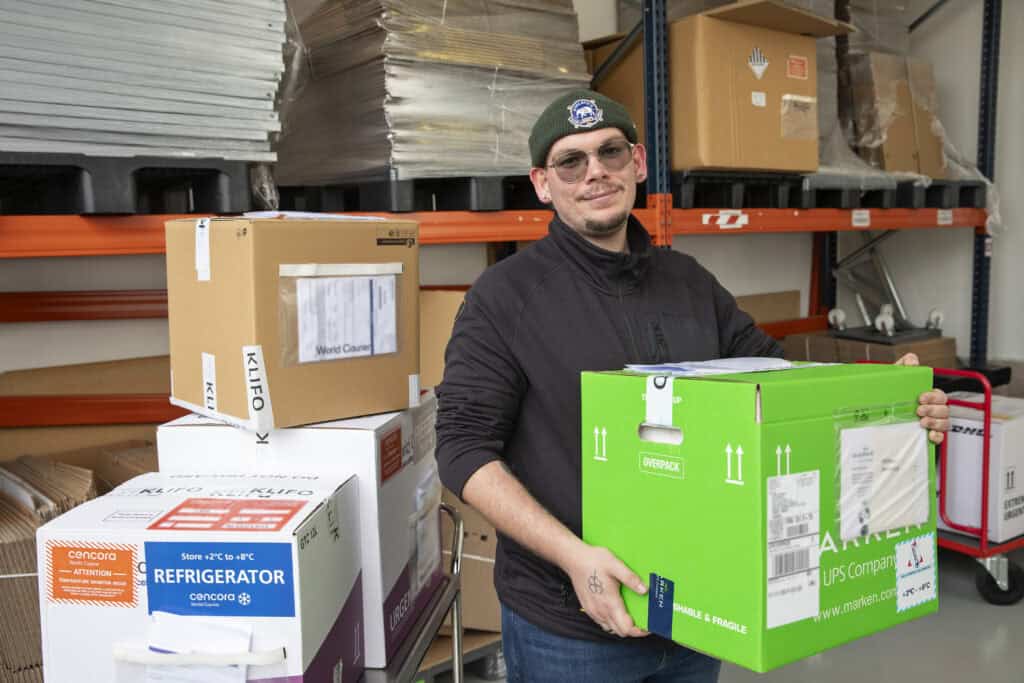
Ready to optimise your supply chain?
Tell us about your study countries, timelines and product requirements. KLIFO will design a distribution and depot management strategy that ensures compliance, reduces costs and protects patient safety – so your trial runs on schedule from first shipment to final reconciliation.

